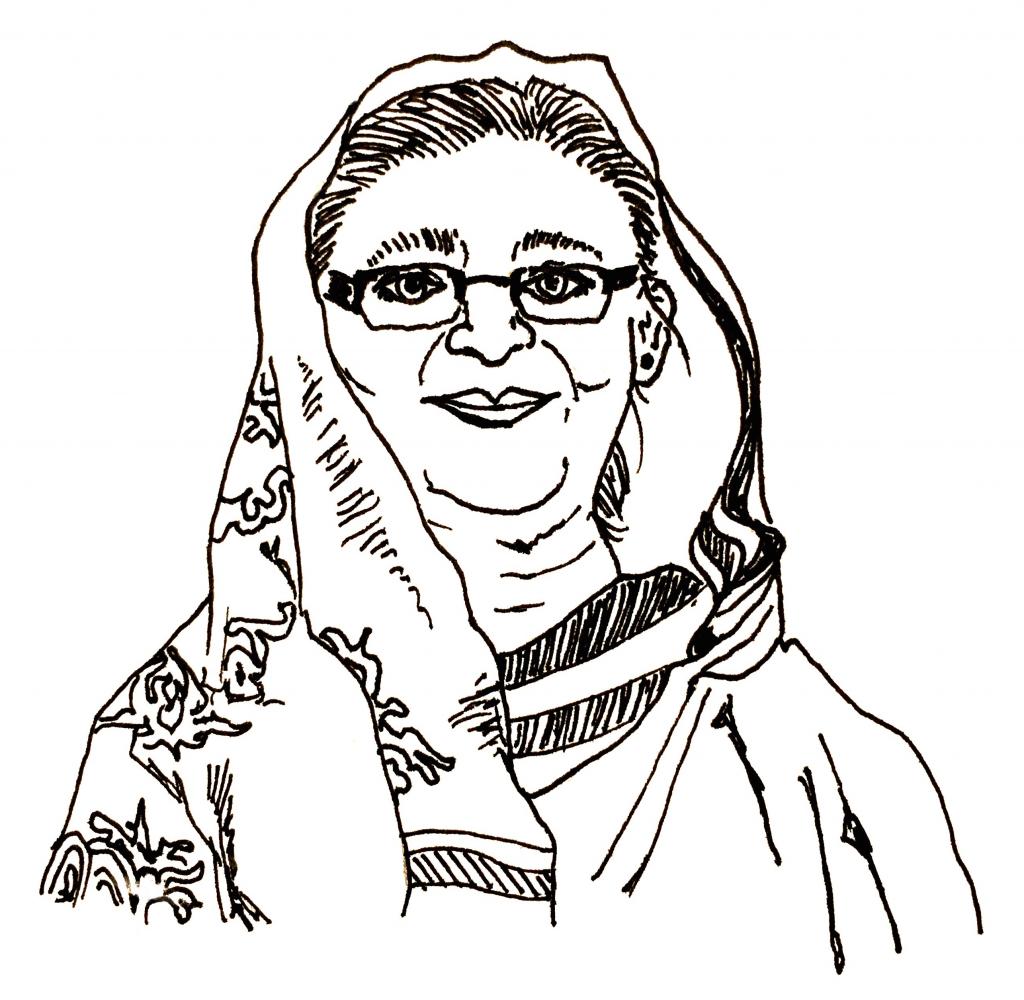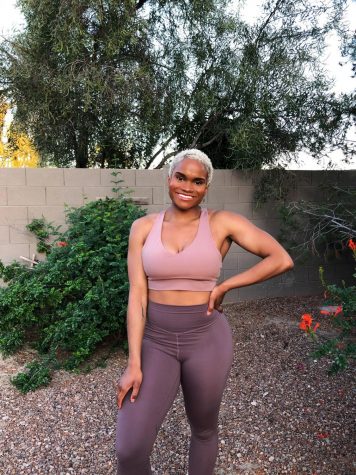Hasina’s Female Leadership
October 4, 2017
Unlike the usual Western narrative that is presented in the media, there have been and there are today women leaders in what can be called Muslim-majority countries. Yes, of course women are oppressed in certain countries like Saudi Arabia, but that doesn’t mean that this narrative should be representative of all the other Muslim countries. There have been plenty of stereotypes concerning this topic and many simply judge based on the limited information they are provided with. Contrary to popular belief, there have been some badass Muslim women leaders, and there still are today.

What has caught my attention lately has been the Prime Minister of Bangladesh, Sheikh Hasina, who has been in office since 2009. In a country wherein getting involved with politics is considered dangerous (and by this I mean that your rivals might want to kill you or your family), she is standing strong and is unafraid to take part in governance. Despite the multiple assassination attempts towards her, she still hasn’t given up. Recently, she has been all over the news due to standing in front of Trump during the latest UN meeting and speaking about the Rohingya issue–where the Muslim population are being persecuted and killed by the army of Myanmar. There is a video circulating on the internet in which Donald Trump greets Sheikh Hasina and tries to talk with her, but the conversation ends quickly. Later on in an interview, Sheikh Hasina said that she was not interested to talk with him after he was unable to seem to provide any clarification on what U.S. was going to do in order to help the refugees. She explained that she didn’t want to continue the conversation because in her perspective, he generally doesn’t care about refugees.
Despite being massively overpopulated and relatively underdeveloped, Bangladesh has welcomed about half a million refugees fleeing from persecution since August under her command. Sheikh Hasina herself knows that the country is not rich, but she has declared that people’s hearts are big and they want to help the neighbours in need. By accepting a large number of refugees in her already densely populated land that cannot sustain such a large influx of people, she has made a name for herself lately and has disproven the Western narrative which claims that Muslim women are always oppressed, disempowered and unable to step in and save the day. Her incident with Trump has given her more coverage and has made people more aware not only of the existence of Muslim women as leaders, but also on the impact of their decision-making.
On the other hand, she serves as a counter figure to Aung San Suu Kyi, Myanmar’s leader, who has always been favored by the West and was even given the Nobel Peace Prize. Once an advocate of peace and democracy in her country, she seems now to be having problems with integrating the same ideals into the lives of the minorities in Burma. With the situation in Rohingya, the West is suffering the backlash that came due to the veneration of a leader in the East, that spoke fluent English and was educated in Oxford. She was one of them and that’s why they liked her. Ironically, the leader they awarded the Peace Prize to, is now allegedly in charge of a country in which the army is being accused of committing a genocide upon the Muslim population of Rohingya. And in the disfavour of their narrative, a Muslim woman has taken the lead and is trying to give a solution to the problem that the West and even UN in general are not clearly acting upon.
In fact, she showed that she is up front in a time in which the West is still quarreling in the UN, whether the persecution can be considered as ethnic cleansing or not. Perhaps once they finish ‘discussing,’ they will decide if they should take action or not. Meanwhile, Sheikh Hasina is taking the lead.










Sajan karmakar • Nov 14, 2017 at 3:01 pm
আমাদের অহংকার… dear prime miniester